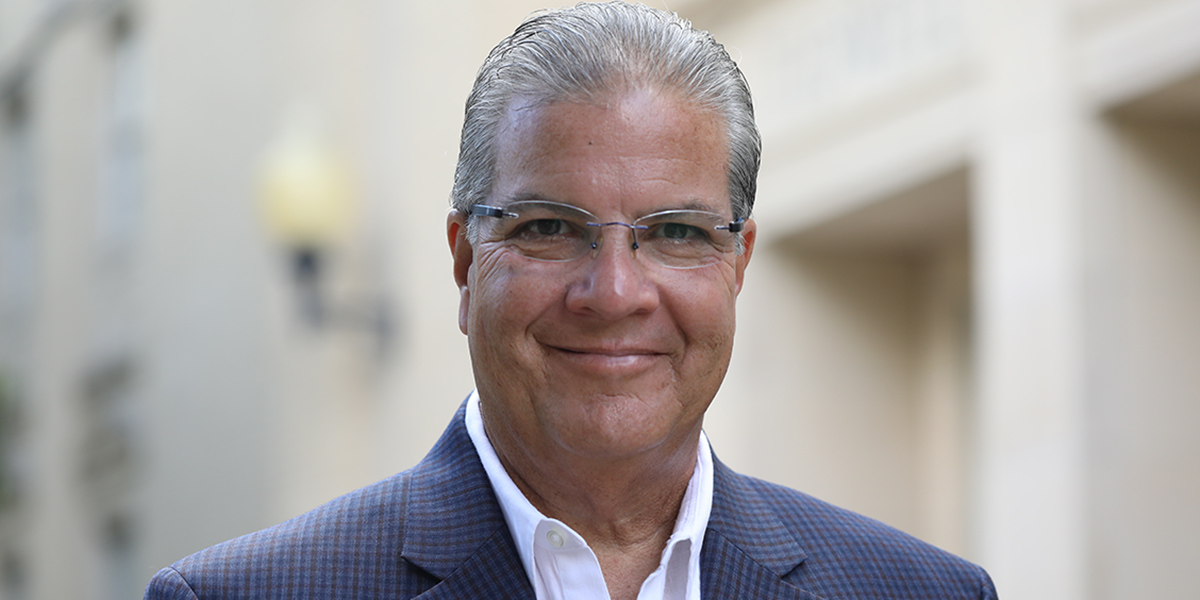Baylor prof studies Christianity’s growth around the globe

What does Christianity look like around the world? How does it spread to new peoples and new regions?
Those are the sort of broad questions that Dr. Carlos Cardoza-Orlandi, Baylor’s Frederick E. Roach Professor of World Christianity, seeks to answer through his research, as he studies the vitality of the Christian faith in regions around the globe, especially in the Global South.
“Many Christians and non-Christians [believe] that Christianity is basically a Western religion,” Cardoza said on a recent episode of the Baylor Connections podcast. “The vitality and growth of Christianity is not any more in the old centers of the Christian faith — Western Europe, USA, Canada — but rather the new centers are to be found in Sub-Saharan Africa, in Latin America, in Asia and in the Pacific. … [Christianity] is taking its own agency, it’s taking its own taste, it’s taking its own rhythms in a way that actually provide windows and opportunities to see the Christian religion with a new perspective, with an understanding of new agents of the Christian faith.”
A native of Puerto Rico, Cardoza earned his bachelor’s at the University of Puerto Rico and a master’s at the Evangelical Seminary of Puerto Rico before adding a second master’s and a Ph.D. from Princeton Theological Seminary. He taught at Columbia Theological Seminary outside Atlanta and at SMU’s Perkins School of Theology before joining Baylor’s Department of Religion in 2018.
In his research, Cardoza wears many hats — religion scholar, historian, anthropologist, and more — in an effort to understand the ways Christianity is spread from one area to another. For missionaries and scholars, an understanding of the contexts they are entering can play an important role in the reception of the Gospel. The ways people first begin to understand and receive the Gospel, Cardoza says, is shaped by their own experiences, common expressions, cultures, even other religions. When the faith takes root in a region, the ways people live out their calling often takes on unique cultural qualities.
“You need theology for that process to be healthy,” Cardoza says, “and when you have that interplay in a new context, Christianity is seasoned with the spices of that particular context and becomes known, becomes vital in a new area and has new expressions.”
Even as his work takes him to disparate cultures and locations around the globe, Cardoza sees constant reminders of the shared mission that binds Christians around the globe together.
“I think that some of the commonalities that I find very exciting about, let’s say, Christians in Cuba and Christians in Waco, is a passion to do good — a conspiracy for goodness for the communities. I also see a passion for worship. … You have it with different musical styles, and yet at the same time, somehow worship can bring us all together. There’s something that brings us all together in coming together to praise God.”
Sic ’em, Dr. Carlos Cardoza-Orlandi!

